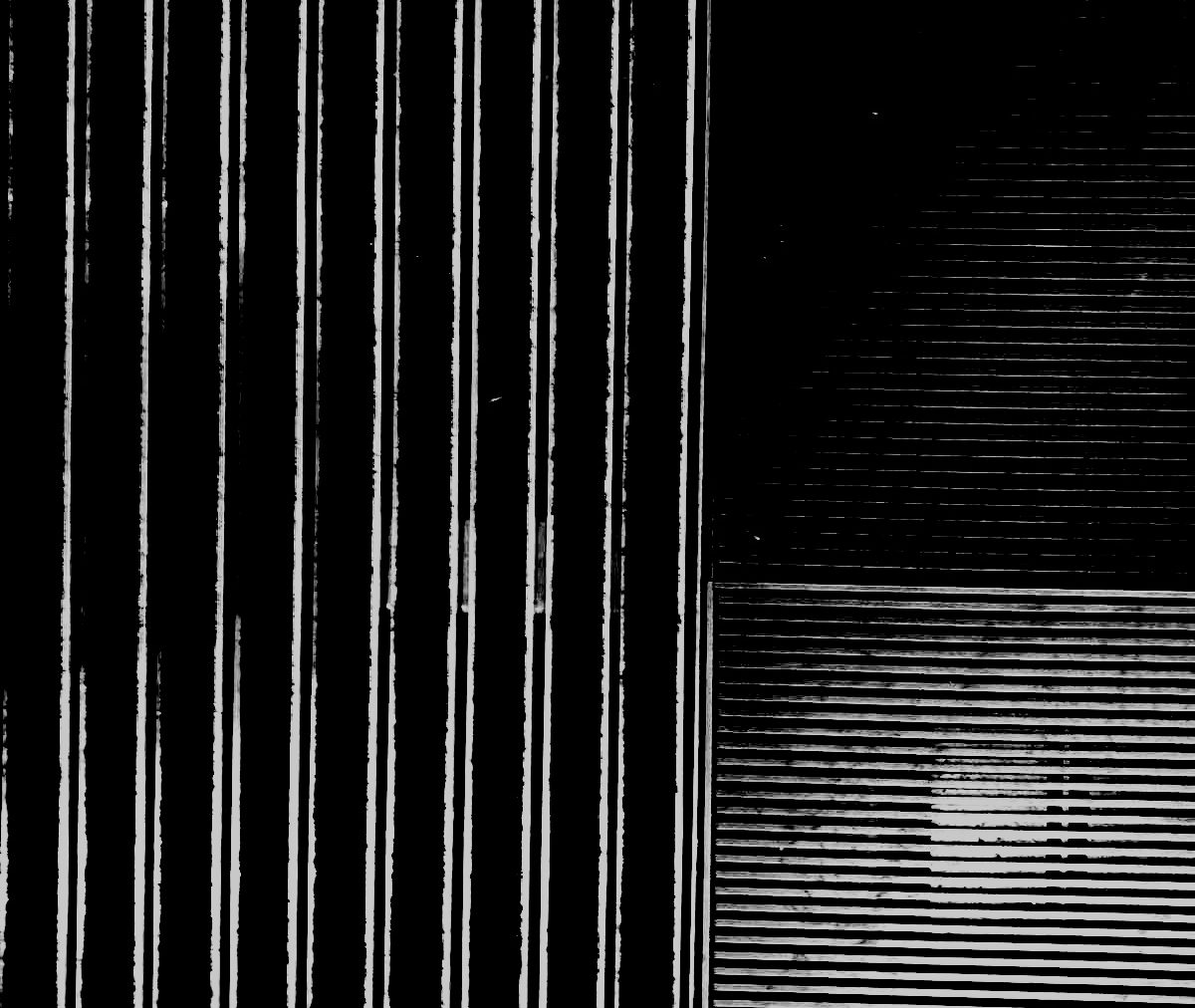The relation linking together Freud with poststructuralism is perhaps more ambiguous than it may seem. The thinking-theorizing of Freud is the ground in which poststructuralism is grounded, yet this grounding is not simple, linear, or unitary. Poststructuralism passes through Freud’s thinking-theorizing in its destructing, deconstructing, or disrupting of metaphysics, yet this passing reworks and transforms that through which it traverses.
That which links together Freud and poststructuralism and that which separates them
An example showing how poststructuralism both emerges from out of Freud’s theories and partially rejects them is the way in which both Freud and poststructuralism think toward the unconscious. That is, Freud’s work on the unconscious brings poststructuralism closer to understanding the problematizing space that only the unconscious can open up, but it also remains caught up in a dogmatic thinking-theorizing of that which dwells in the unconscious and the pattern of this dwelling.
In other words, poststructuralism acknowledges that there exists an unconsciousness and that any understanding of consciousness must start from and confirm the unconscious, but it does not confirm the paths through which Freud passes to reach the unconscious.
That is, poststructuralism welcomes the disrupting and subverting space that Freud’s thinking-theorizing opens up, yet this same thinking-theorizing sometimes obscures and blocks any possibility of openness or disruption.
For instance, poststructuralism acknowledges the importance of Freud’s account of unconscious drives, but it refuses Freud’s thinking of these drives as what is normal simply belonging to, and only appearing because of, a specific gender or a pre-determined and fixed notion of sexuality.
In any poststructuralist attempt at thinking otherness and difference, there is a rejection of fixity, rootedness, or settledness. There exists no natural state that is fixed, pre-determined, stable, and self-same; even the unconscious itself cannot escape the differing and deferring processes opening up consciousness to its other.
This means that the specific paths through which Freud’s theorizing-thinking passes are rejected by poststructuralism. Another example is Freud’s interpretations of dreams. Poststructuralism also rejects Freud’s deterministic account of the relation in which he places the unconscious and conscious acts over against each other. Poststructuralism rejects any attempt at systematizing, ordering, or arranging. Any attempt at making systematic, at putting in order, is rejected by poststructuralism.
Hence, Freud’s deterministic, naturalistic, essentialist thinking-theorizing is problematic for poststructuralism. Poststructuralism rejects Freud’s turning toward, and confirming of, the notion of the natural as the fixed, from which deviation occurs, in his theorizing of the unconscious and its relation to sexuality, for the natural, for poststructuralism, does not exist.
For more articles on poststructuralism, visit this webpage.

